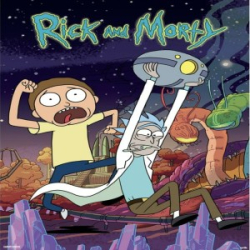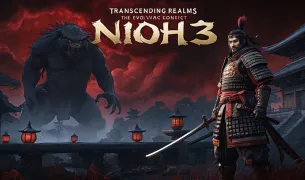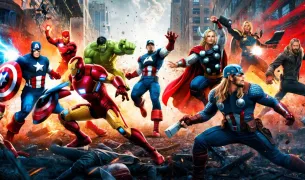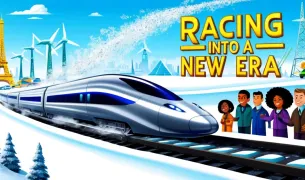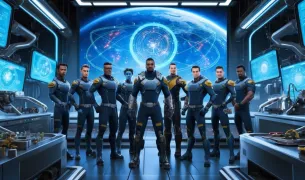Imagine concocting a potion of wry humor, mind-bending science fiction, and family dynamics, then watching the mixture froth over with relentless creativity - this is "Rick and Morty." With its inception as a warped homage to "Back to the Future," creators Justin Roiland and Dan Harmon have since whisked audiences through a narrative labyrinth that threads through space-time with the finesse of a rogue comet. At the series' heart is the relationship between a genius, albeit cynical grandfather, Rick Sanchez, and his fretful yet endearingly naïve grandson, Morty Smith. Together, they embark on misadventures that flit between the hilarious and the harrowing, often blurring the distinction between them.
An Inventive Odyssey With A Few Misfires
Enthusiasts and critics alike have lauded "Rick and Morty" for its original storytelling and inventive humor. The show thrives in straddling multiple genres, crafting episodes that are at times standalone comedic gems while, in other instances, form part of a larger, serialized tapestry. This unpredictable nature makes the show a staple for those craving stories that refuse to be pigeonholed into a formulaic structure.
However, even with the galaxy as its playground, the series is not immune to a few underwhelming moments. Episodes occasionally need pacing issues, where the gag-a-second formula can make the narrative feel hastily pieced together. Characters outside the titular duo sometimes need help finding consistently meaningful development, with potential growth occasionally sidelined in favor of the zany plot of the week.
Moreover, the humor, which often leans on meta-commentary and pop-culture references, can sometimes alienate viewers who need to be more well-versed in the lexicon of sci-fi tropes and television lore. Its emphasis on the macabre and off-beat can also detract from character empathy, leaving audiences amused but occasionally disconnected from the more emotional undertones of the series.
The Public Perception of an Animated Multiverse
Public perception of "Rick and Morty" has been primarily cheerful, with devoted fans citing the show's creativity, wit, and bold story choices as high-caliber television. It effortlessly merges existentialism with slapstick, allowing viewers to ponder the depth of human existence one moment and snicker at the absurdity of life the next. This balance has awarded it a diverse and passionate fan base, eager to dissect each episode's layered storylines.
While it may necessitate a taste for dark comedy and narrative anarchy, "Rick and Morty" has grasped the attention of those who revel in the bizarre and thought-provoking. However, it has criticisms. Some contend that the humor can occasionally skirt the edges of taste and sensitivity, and episodes have sometimes been described as too frantic or cryptic. This polarizing effect underscores the show's daring approach to storytelling, making it a point of contention or celebration among viewers.
Ultimately, "Rick and Morty" remains a unique fixture in contemporary animation. Its triumph stems from crafting a world that's unashamedly bizarre and remarkably erratic, showcasing the boundless potential of animation as a storytelling medium. And with each season, it continues challenging its audience and rewarding them with a viewing experience of cosmic proportions.

